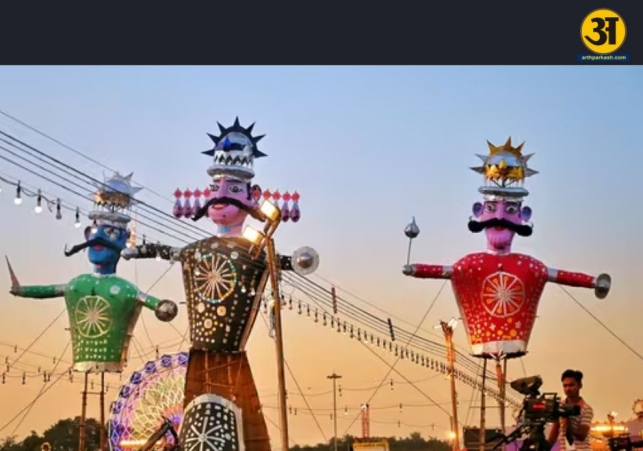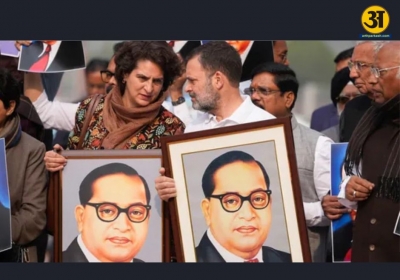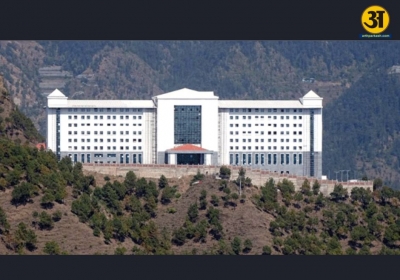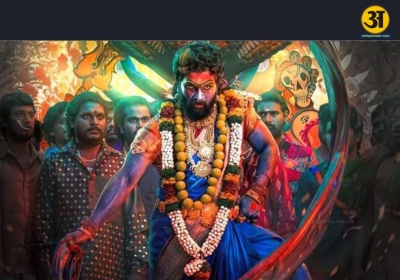
Celebrating Raavan: unique worship traditions on Vijaya Dashami in India
Discover the unique places in India where Raavan is worshipped on Vijaya Dashami
Every year, India celebrates Vijaya Dashami, marking the victory of good over evil, especially the defeat of Raavan by Lord Rama. Traditionally, people burn Raavan's effigy to symbolize destroying evil. However, some places in India honor Raavan instead of burning his likeness due to cultural beliefs or his admirable qualities.
Unique worship locations
In Mandor, Rajasthan, some communities worship Raavan daily. They do not participate in Dussehra celebrations because of the legend that Raavan was married to Mandodari, the daughter of a local king. As a sign of respect, these people mourn Raavan's death and do not watch his effigy burn.
In Uttar Pradesh's Bisrakh, many believe it to be Raavan's birthplace. Here, he is regarded as a Maha Brahmana, and during Navratri, locals perform Yagnas in his honor, as killing a Brahmin is considered a serious sin in Hinduism.
ALSO READ: NASA mission to create first human-made meteor shower: turning imagination into reality
ALSO READ: September travel alert: discover India’s top 6 most beautiful treks for nature lovers
In Kanpur, Uttar Pradesh, there is a temple called Dashanan dedicated to Raavan. On Vijay Dashami, worshippers chant phrases like “Jai Lankesh” to honor him. The temple opens only for this occasion, allowing Raavan to be worshipped before being locked away until the next year.
In Maharashtra, the Gond tribe holds Raavan in high esteem. They believe he was not a demon and did not harm Sita. During their tribal festival called Falgun, they offer prayers to Raavan and his son Meghananda.
In Kolar, Karnataka, locals worship Raavan as a great devotee of Lord Shiva. During the harvest festival, they honor Raavan's ten-headed idol alongside Lord Shiva, recognizing his devotion.
Finally, in Himachal Pradesh's Kangra, people do not burn Raavan’s effigy as they believe he once pleased Lord Shiva. Out of respect for this connection, they honor Raavan instead of following the traditional custom of burning his image.





